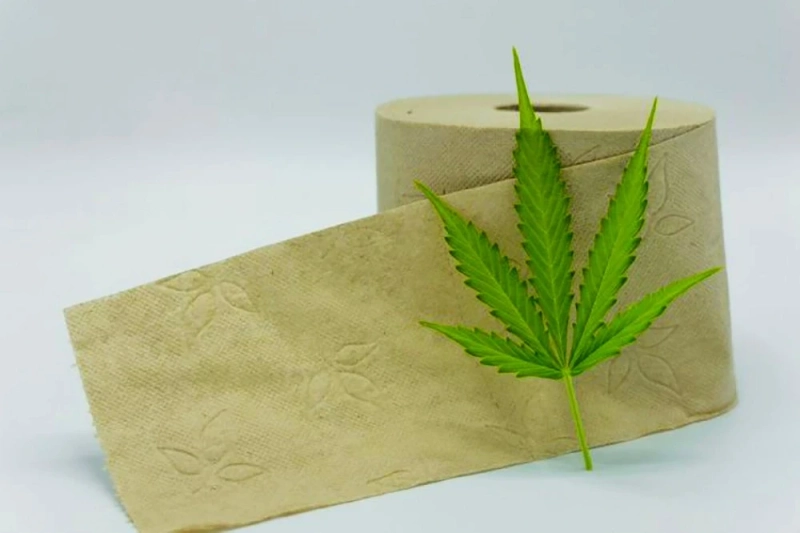Hemp, a versatile and sustainable crop with a rich history dating back thousands of years, is gaining renewed attention in modern times for its myriad applications, including paper production. Hemp paper, derived from the fibers of the hemp plant, presents a compelling alternative to traditional paper made from wood pulp. Its resurgence is driven by a growing awareness of environmental issues and the urgent need for sustainable solutions across industries. In this article, we explore how hemp paper packaging offers an ecological solution for brands seeking to minimize their environmental footprint while maintaining packaging functionality and appeal.
Hemp Paper Packaging: ecological packaging solutions
In an era where environmental consciousness is at the forefront of consumer concerns, brands are increasingly seeking sustainable alternatives to traditional packaging materials. One such solution gaining traction is hemp paper packaging. Renowned for its eco-friendly properties and versatility, hemp paper offers a compelling alternative for brands committed to reducing their environmental footprint. Let\'s delve deeper into why hemp paper packaging is emerging as a frontrunner in the quest for ecological packaging solutions.
1. The Environmental Benefits of Hemp Paper:
Hemp paper production requires significantly fewer resources and less land compared to conventional paper made from trees.
Cultivating hemp for paper production does not necessitate the use of harsh chemicals or pesticides, minimizing environmental impact.
Hemp plants have a high yield and grow rapidly, making them a renewable resource that can be harvested sustainably.
2. Versatility and Durability:
Hemp paper is highly versatile and can be used for a wide range of packaging applications, from boxes to labels.
Despite its lightweight nature, hemp paper is remarkably durable, offering excellent protection for products during shipping and storage.
3. Biodegradability and Recyclability:
Hemp paper is fully biodegradable, breaking down naturally without leaving behind harmful residues or contributing to landfill waste.
Additionally, hemp paper is recyclable, providing brands with the opportunity to close the loop on their packaging materials and promote a circular economy.
4. Brand Image and Consumer Perception:
Embracing hemp paper packaging showcases a brand\'s commitment to sustainability and environmental responsibility, resonating positively with eco-conscious consumers.
By opting for hemp paper packaging, brands can differentiate themselves in the market and appeal to an increasingly environmentally aware customer base.
Conclusion:
Hemp paper packaging represents a paradigm shift in the packaging industry, offering a sustainable alternative to traditional materials without compromising functionality or aesthetics. As brands prioritize sustainability and consumer preferences continue to evolve, hemp paper emerges as a viable solution to meet both environmental and business objectives. By embracing hemp paper packaging, brands can align with the values of their customers, reduce their ecological footprint, and contribute to a more sustainable future for generations to come.


